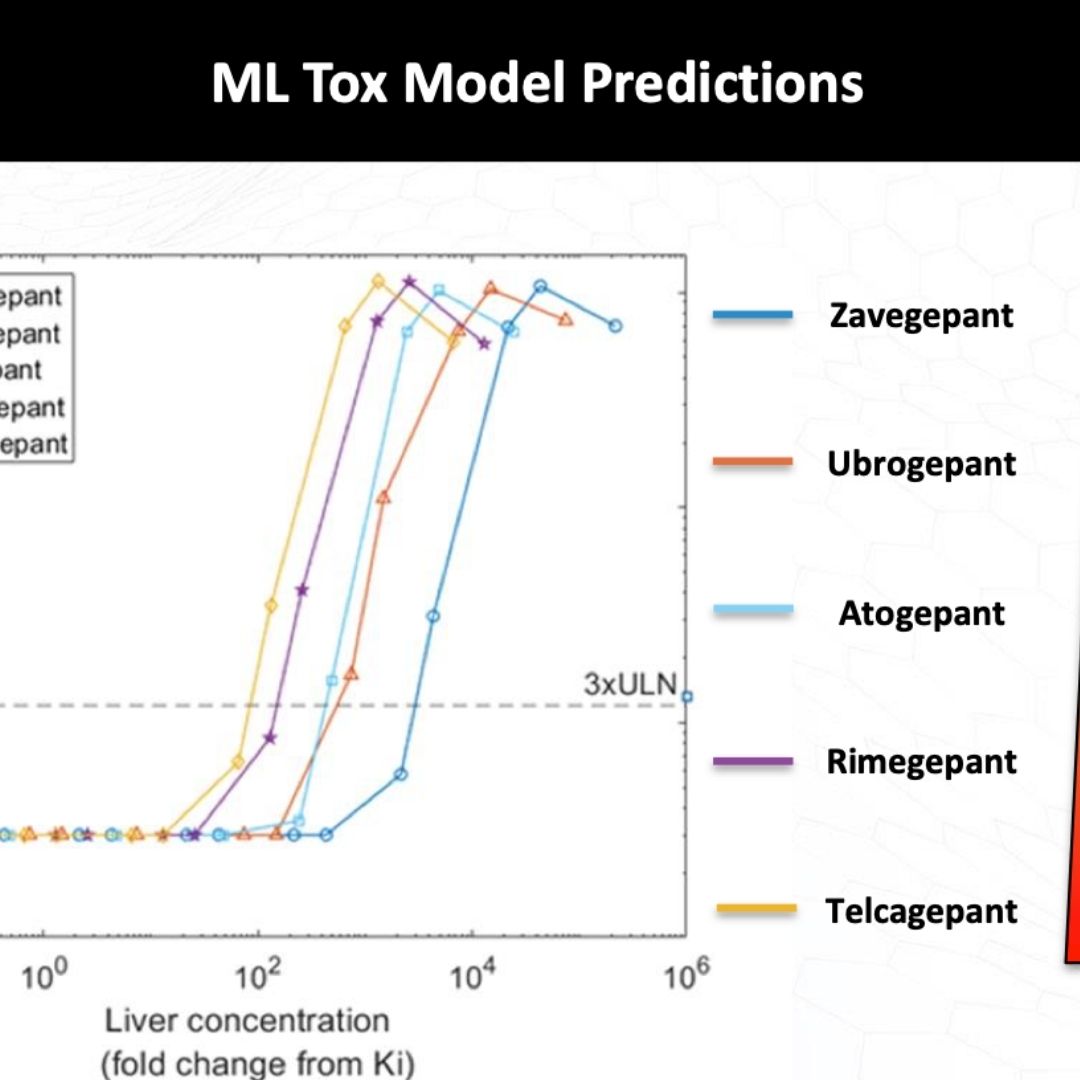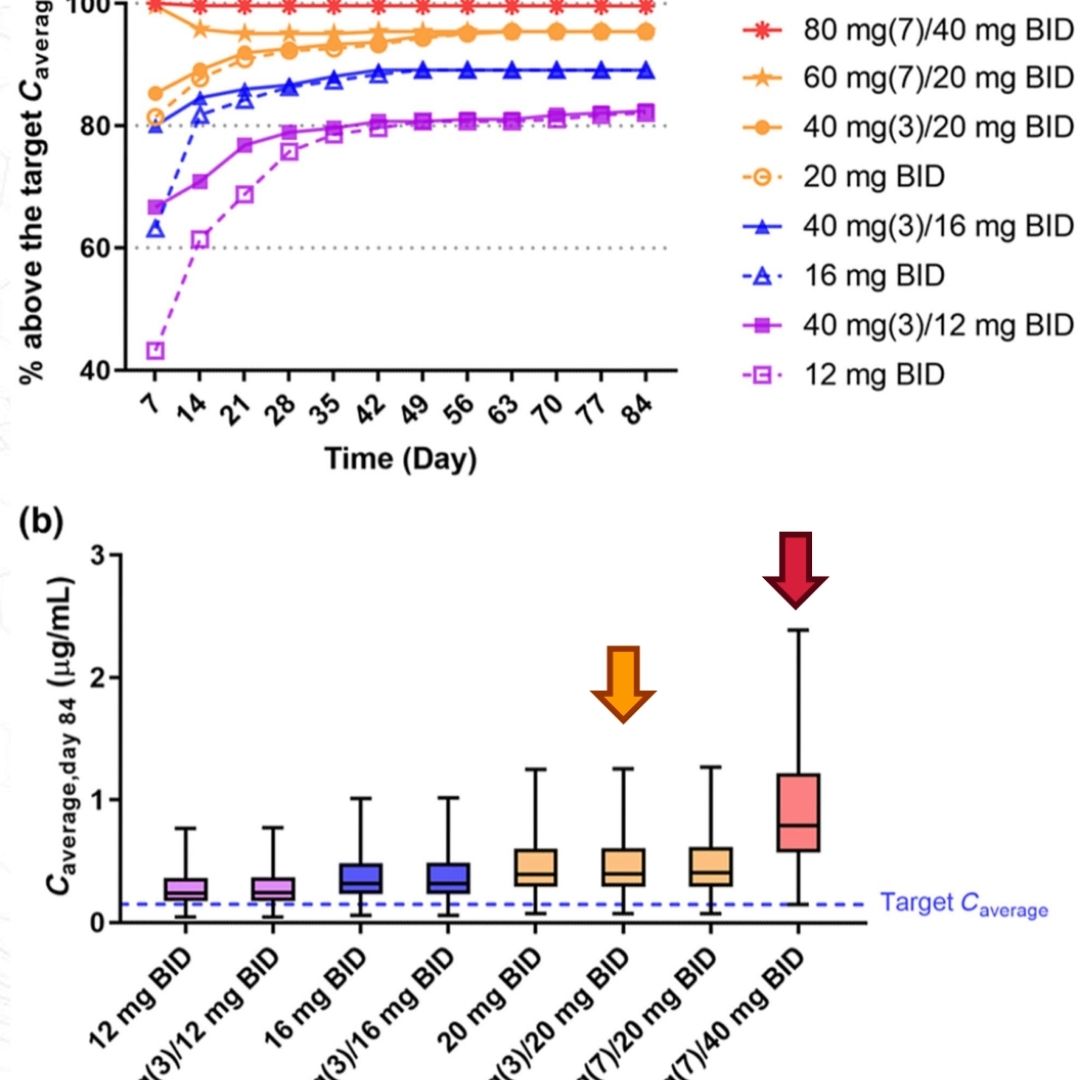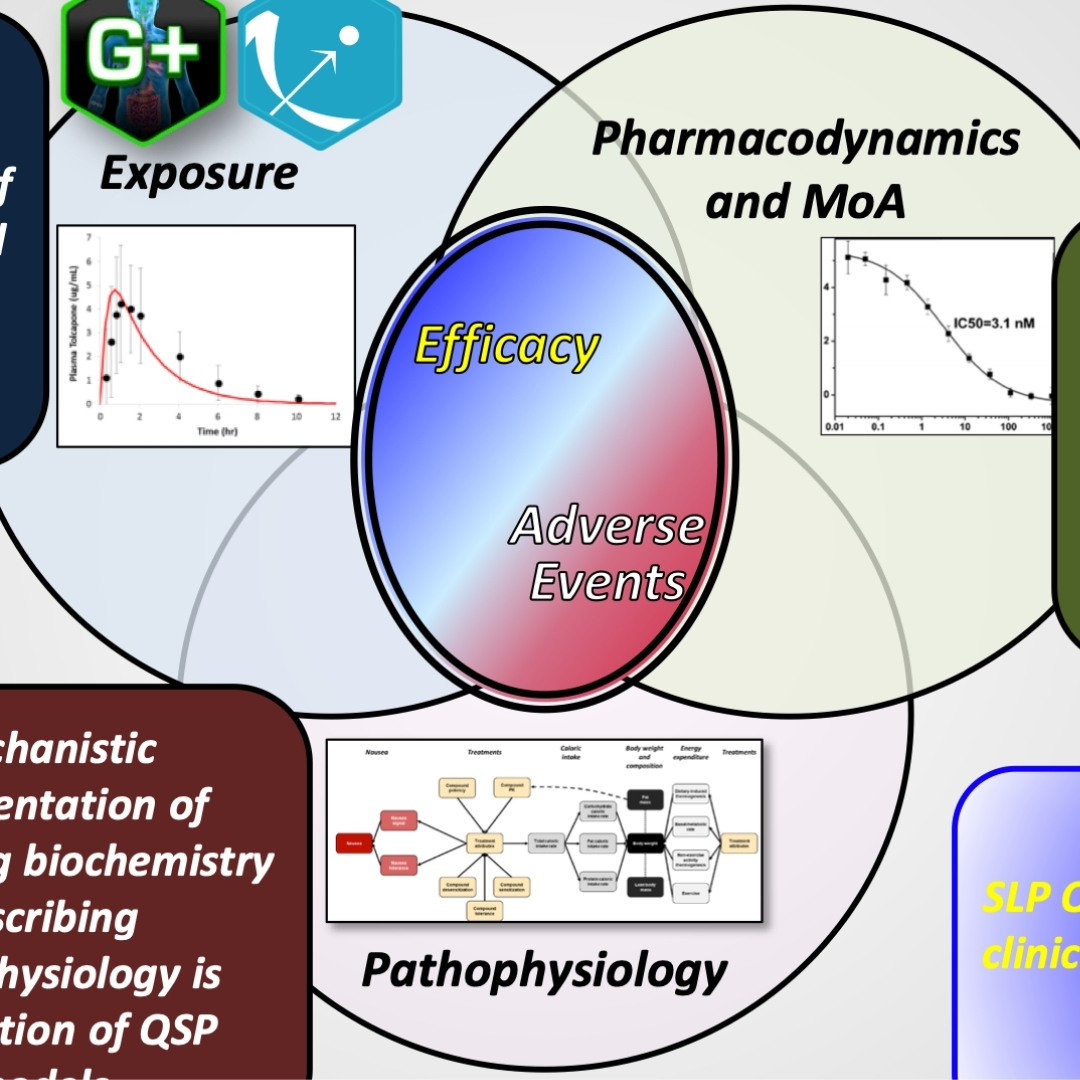Hepatotoxicity due to drugs and other xenobiotics, also known as drug-induced liver injury (DILI), is a primary reason for 1) the termination of drug development programs, 2) the delay of approving otherwise efficacious drugs by requiring large and expensive safety-focused clinical trials, 3) the restriction on the clinical use of approved drugs by the inclusion of black box warnings, and 4) the removal of approved drugs from the market.

Physiologically Based Biopharmaceutics Modeling Coupled with Biopredictive Dissolution in Development of Bioequivalent Formulation for Mesalamine Enteric Coated Tablet: A Tough Nut to Crack
Mesalamine is a locally acting anti-inflammatory drug used to treat mild to moderate ulcerative colitis.

The Role of Carotenoids from Red Mamey Fruit (Pouteria sapota) Against Amyloid-β Monomers in Alzheimer’s Disease: Computational Analysis and ADMET Prediction
Carotenoids, potent antioxidants in fruits and vegetables, have recently garnered attention for their potential therapeutic effects against neurodegenerative diseases.

Hydrogel for Sustained Delivery of Therapeutic Agents
In recent years, hydrogels have emerged as a highly promising platform for the sustained delivery of therapeutic agents, addressing critical challenges in drug delivery systems, from controlled release to biocompatibility.

Isolation, Synthesis, and Identification of Process-Related Impurities From Morinidazole
Morinidazole belongs to the category of third-generation nitroimidazole antibacterial drugs.

Synthesis and Structure–Activity Relationship of Thiourea Derivatives Against Leishmania Amazonensis
Leishmaniasis, caused by Leishmania protozoa and transmitted by vectors, presents varied clinical manifestations based on parasite species and host immunity. The lack of effective vaccines or treatments has prompted research into new therapies, including thiourea derivatives, which have demonstrated antiprotozoal activities.

Advancing understanding of human variability through toxicokinetic modeling, in vitro-in vivo extrapolation, and new approach methodologies
The merging of physiology and toxicokinetics, or pharmacokinetics, with computational modeling to characterize dosimetry has led to major advances for both the chemical and pharmaceutical research arenas.

A review of quantitative structure-activity relationship: The development and current status of data sets, molecular descriptors and mathematical models
Developing Quantitative Structure-Activity Relationship (QSAR) models applicable to general molecules is of great significance for molecular design in many disciplines.

Accurate Prediction of Liver Fat Reductions Across Range of Weight Loss by Quantitative Systems Pharmacology Modeling
Weight loss has positive effects on reducing hepatic lipid burden in MASH patients. Reports using various...

Formulation development, characterization, and mechanistic PBPK modeling of metoclopramide loaded halloysite nanotube (HNT) based drug-in-adhesive type transdermal drug delivery system
Metoclopramide is an antiemetic agent prescribed for motion sickness, cancer chemotherapy, and pregnancy.

New Features of the IVIVC Module on the GPX Platform
This webinar, in Portuguese, will explore the IVIVC (in vitro–in vivo correlation) module on the innovative GPX platform.

Investigation of the Anti-asthmatic Activity of Solidagenone, In Vitro Toxicity Versus In Silico Studies
Solidagenone, a labdane diterpene isolated from inflorescences of Solidago chilensis Meyen, Asteraceae, was investigated for its anti-inflammatory and anti-asthmatic action.

Ocular Drug Discovery & Development: How Modeling & Simulation is Driving and Optimizing Complex Formulations
The development of ophthalmic drug products is challenging due to the complexity of the ocular system, the lack of sensitive testing to evaluate the interplay of its physiology with ophthalmic drugs, and measurement limitations associated with ocular pharmacokinetics.

Erectile Dysfunction Therapy of Bariatric Patients: Tadalafil Biopharmaceutics and Pharmacokinetics Before vs. After Gastric Sleeve/Bypass
Bariatric surgery introduces significant changes in the gastrointestinal tract, which may affect oral drug absorption/bioavailability.

Quantitative Systems Toxicology Modeling of Otenaproxesul Liver Enzyme Elevations Leads to Prediction of Liver Safety for Acute Otenaproxesul Dosing
Otenaproxesul (ATB-346), a drug that combines naproxen with a thiobenzamide antioxidant, is being developed as an NSAID that reduces gut toxicity effects. Liver...

Physiologically Based Pharmacokinetic Models for Infliximab, Ipilimumab, and Nivolumab Developed with GastroPlus® to Predict Hepatic Concentrations
Infliximab (IFX), ipilimumab (IPI), and nivolumab (NIVO) have been associated with hepatotoxicity...

Simulated CD8+ T Cell-Mediated Liver Injury During Ipilimumab Administration in a Simulated Population (SimPops®) Demonstrates Profiles Consistent with Observed Clinical Data
Immune checkpoint inhibitors (ICIs) have revolutionized treatment of various cancers. They act by releasing the brakes on immune responses to permit immune-mediated tumor cell killing...



